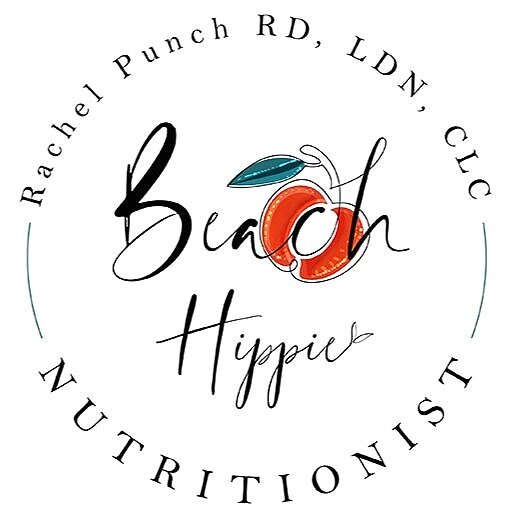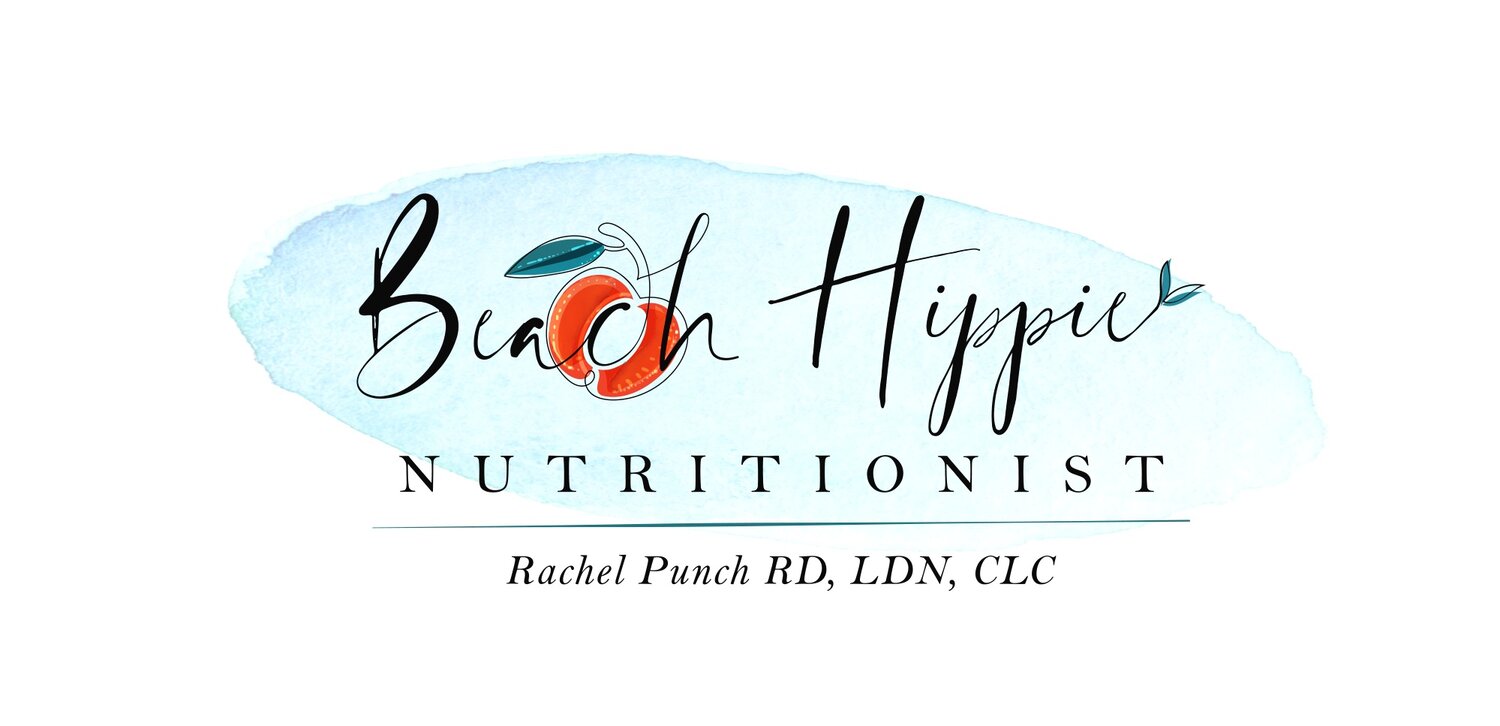Iron in Pregnancy, why is it important? How to get enough.
Pregnancy is a time when a woman's nutritional needs increase significantly. Iron is one of the most important nutrients during pregnancy as it is needed for the development of the fetus and the maintenance of the mother's health. In this blog, we will explore the role of iron in pregnancy, how it helps both the mother and the unborn baby, and what foods can help increase iron absorption.
Why is Iron Important During Pregnancy?
Iron is a mineral that is essential for the formation of hemoglobin, a protein found in red blood cells that carries oxygen throughout the body. During pregnancy, the mother's blood volume increases by about 50%, which means that the demand for iron is also higher. Iron is crucial for the development of the fetus, as it helps in the formation of red blood cells and the development of the brain and nervous system.
How does Iron Helps the Mom While Pregnant?
Iron helps the mother by preventing iron-deficiency anemia, a condition that can lead to fatigue, weakness, and increased risk of infection. It also helps in the formation of new red blood cells and aids in the transport of oxygen to the baby. Iron is also important for the mother's immune system and helps with wound healing after childbirth.
How does Iron Helps the Unborn Baby?
Iron is critical for the development of the baby's brain and nervous system. Iron deficiency during pregnancy can lead to low birth weight, premature birth, and an increased risk of the baby developing iron-deficiency anemia.
What are the possible symptoms of anemia in pregnancy?
Iron deficiency is a common condition in pregnancy, affecting up to 50% of pregnant women worldwide. The symptoms of iron deficiency in pregnancy can be mild or severe, and may include:
Fatigue and weakness
Shortness of breath
Dizziness or lightheadedness
Headaches
Pale skin or nails
Rapid or irregular heartbeat
Cold hands and feet
Pica (cravings for non-food items like ice, dirt or clay)
In addition to these symptoms, there are several risk factors that can increase a woman's chances of developing iron deficiency during pregnancy, including:
Previous pregnancies: Women who have had multiple pregnancies are at higher risk of iron deficiency due to increased demands on their iron stores.
Poor diet: A diet low in iron-rich foods or lacking variety can lead to iron deficiency.
Heavy menstrual periods: Women with heavy menstrual bleeding may be at increased risk of iron deficiency.
Medical conditions: Certain medical conditions, such as celiac disease, inflammatory bowel disease, or sickle cell anemia, can increase the risk of iron deficiency.
Multiple pregnancies: Women carrying twins, triplets or more babies are at higher risk for iron deficiency anemia.
Gestational diabetes: Women with gestational diabetes may be at higher risk for iron deficiency.
Poor iron absorption: Certain conditions like H. pylori infection or gastric bypass surgery can interfere with iron absorption.
It is important for pregnant women to speak with their healthcare provider about their risk factors for iron deficiency and to get their iron levels tested regularly. Iron supplements may be recommended to help prevent or treat iron deficiency anemia during pregnancy. A licensed Dietitian is also encouraged during pregancy specifically if you have nutrient deficiencies.
Foods That Increase Iron Absorption:
Iron from plant-based sources is not as easily absorbed as iron from animal-based sources. However, certain foods can help increase the absorption of iron. These include:
Vitamin C-rich foods such as citrus fruits, strawberries, kiwi, broccoli, and bell peppers.
Foods high in heme iron, such as red meat, poultry, and fish.
Foods containing sulfur-containing amino acids, such as garlic, onions, and eggs.
Foods That Decrease Iron Absorption:
Certain foods can hinder iron absorption, such as:
Calcium-rich foods, such as dairy products, that can inhibit iron absorption.
Phytates found in grains, legumes, and nuts.
Tannins found in tea and coffee.
Good Sources of Heme and Non-heme Iron:
Heme iron is found in animal-based foods such as red meat, poultry, and fish. Non-heme iron is found in plant-based foods such as spinach, beans, and fortified cereals. Here are some good sources of heme and non-heme iron:
Heme Iron Sources:
Beef liver
Chicken liver
Oysters
Beef (ground)
Chicken (dark meat)
Non-Heme Iron Sources:
Spinach
Lentils
Fortified cereals
Kidney beans
Tofu
Vegan Options for Iron in Pregnancy
It is possible to obtain enough iron from a vegan diet during pregnancy. Here are some vegan sources of iron:
Lentils
Tofu
Chickpeas
Spinach
Fortified cereals
Quinoa
Pumpkin seeds
Chia seeds
Conclusion:
Iron is an essential nutrient during pregnancy, as it helps in the development of the baby's brain and nervous system and prevents iron-deficiency anemia in the mother. While it is important to consume iron-rich foods, it is also important to eat foods that can help increase iron absorption, such as vitamin C-rich foods and sulfur-containing amino acids. By incorporating a variety of iron-rich foods into your diet, you can ensure that you and your baby are getting enough iron to support a healthy pregnancy.

